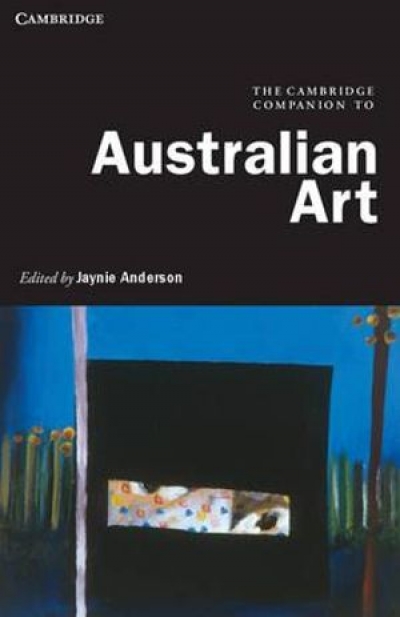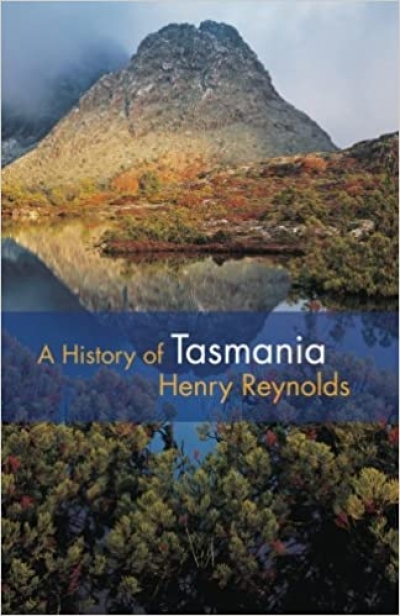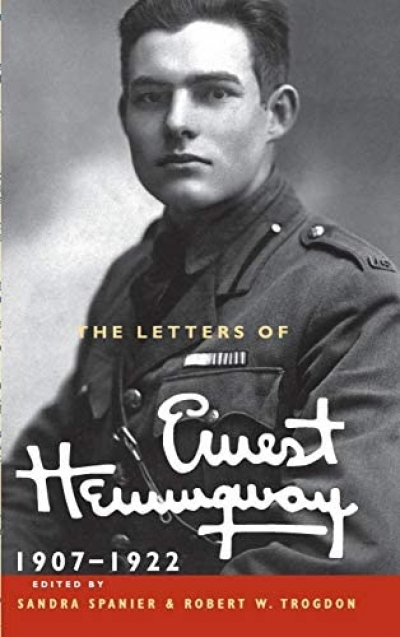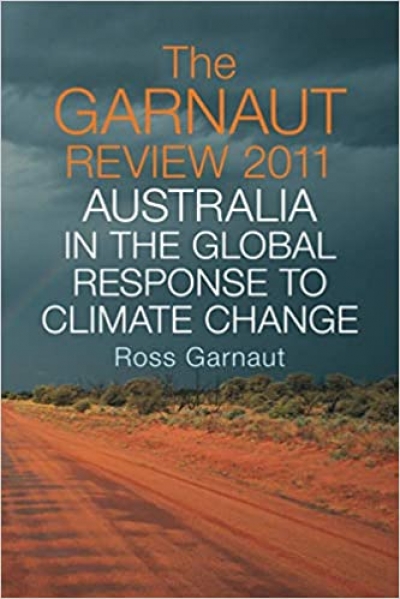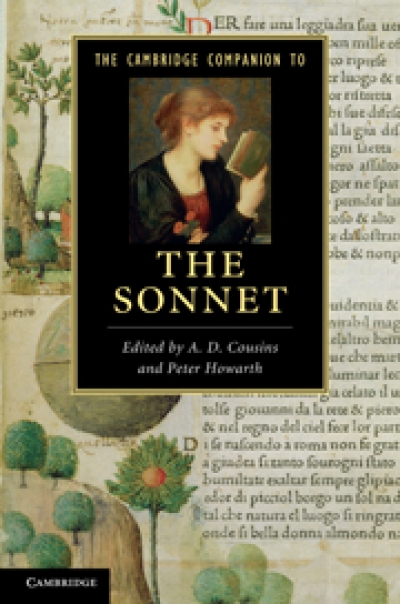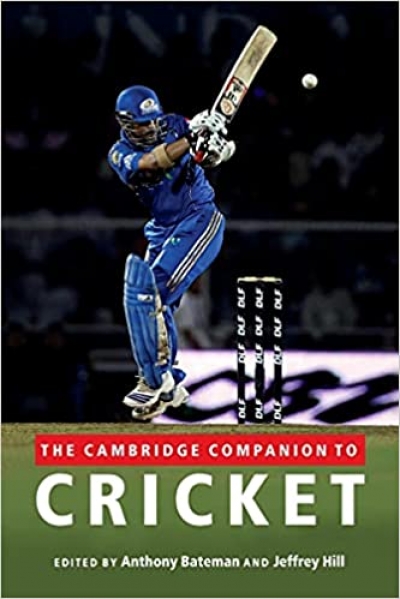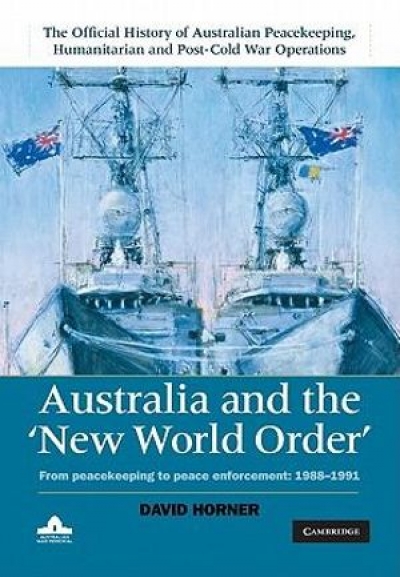Cambridge University Press
The Cambridge Companion to Australian Art edited by Jaynie Anderson
by Andrew Sayers •
The Letters of Ernest Hemingway: 1907–1922 by Sandra Spanier and Robert W. Trogdon
by James McNamara •
The Politics of Prisoner Abuse: The United States and Enemy Prisoners after 9/11 by David P. Forsythe
by Alison Broinowski •
David Karoly reviews 'The Garnaut Review 2011: Australia in the Global Response to Climate Change' by Ross Garnaut
by David Karoly •
Climate change is often framed as a number of battles: between science and opinion, sustainable development and economic growth, government control and individual freedom, or environmentalists and business leaders. All of these are simplifications of the complexity involved in our modern world’s developing adequate responses to human-caused climate change.
... (read more)The Cambridge Companion to the Sonnet edited by A.D. Cousins and Peter Howarth
by William Christie •
The Cambridge Companion to Cricket by Anthony Bateman and Jeffrey Hill
by Bernard Whimpress •
Australia and the ‘New World Order’: From Peacekeeping to Peace Enforcement: 1988–1991 by David Horner
by Peter Edwards •
Australian Documentary: History, Practices, Genres by Trish FitzSimons, Pat Laughren, and Dugald Williamson
by Ina Bertrand •
The Art of Great Speeches and Why We Remember Them by Dennis Glover
by Joel Deane •

